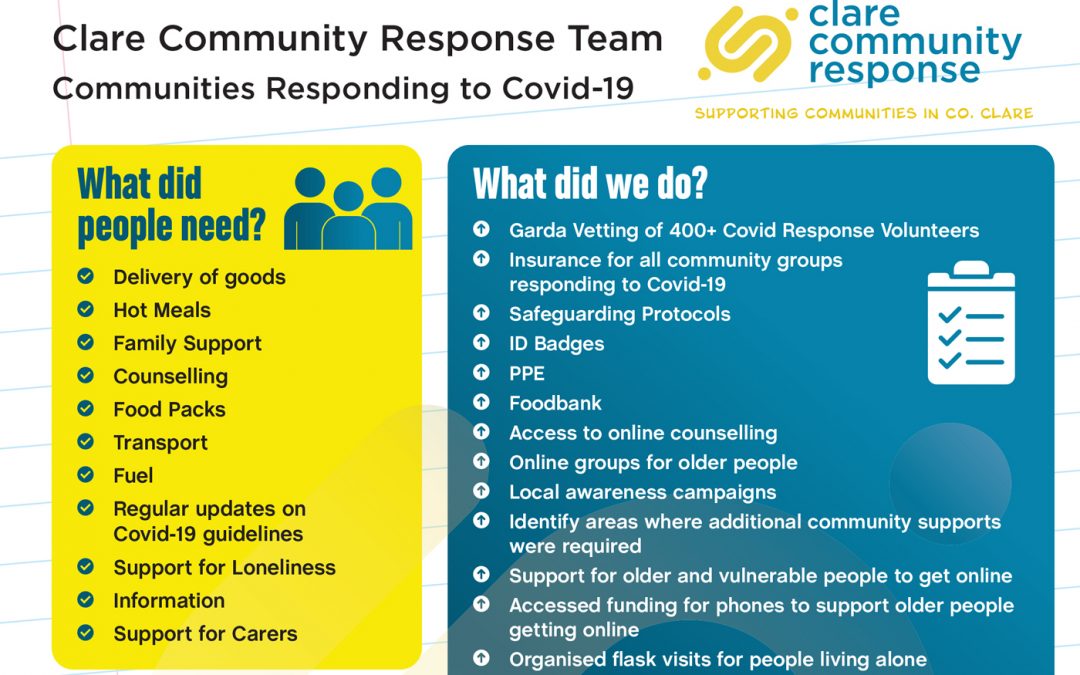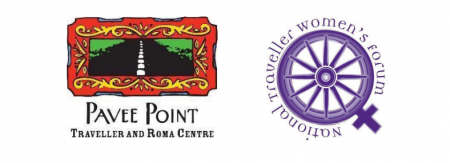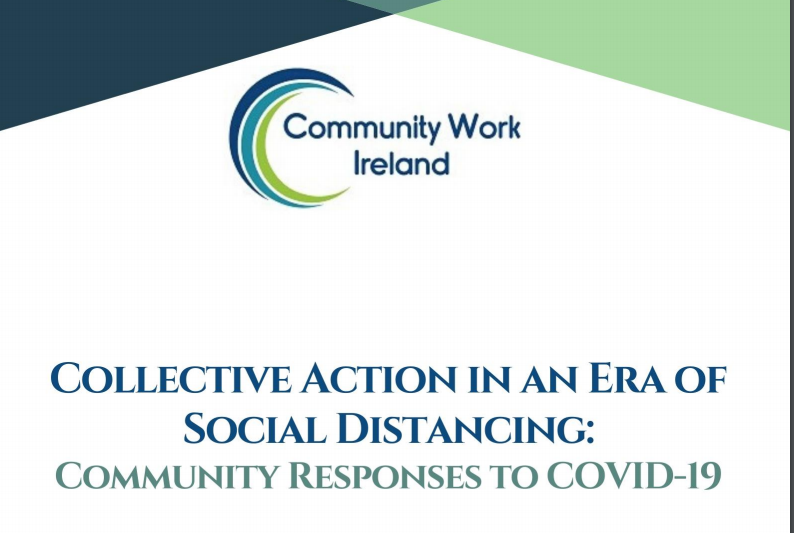
The Living and Learning Community Training Project is a unique opportunity for all community groups to receive professional training in media literacy and production. There is a further exciting chance for groups to receive further intensive training through which they produce audio and/or film pieces conveying a message of their choosing.
Through a series of workshops delivered via blended learning (online and in-person), participants will learn how to do the following:
- Tell your own story: Ensuring your perspectives are seen & heard as you want them to be
- Gain Media Skills: helping groups in doing future media projects (from Oral History to YouTube videos)
- Reflect & Distil: reflect on what you do as a community, and why you do it.
- Build skills for the future:
- Getting people on the same page
- Rebuilding Momentum
- Reframing your story
- Communicating what you do and why – a vital skill for completing funding applications, mobilising volunteers, and fundraising
How to get involved?
Proposals to participate in this project are now invited from community groups for support through this Notice of Interest Form. Download the form here
For this notice of interest, groups will identify one potential story they want to tell – it could be the story of the group or of an initiative or a one-off event. Picking which story or which aspect of your bigger story to tell can be a real challenge. Groups can often be involved in many different initiatives – Here are some questions to get your group thinking when weighing up different possible stories before you complete this simple form:
- Catalyst: Was there a “Eureka” moment/“This can’t go on”?
- Impact: Is there any consequences of this happening?
- Risk: Is there any consequences of it not happening?
- Transformation: Are we in a very different place than we were once? Where was that place?
- Hope: Are we going to a very different place than we are now? Where will that be?
- Time: Is there something that must be done by a particular time?
- Context: What’s the Backdrop? Where does all this come together?
And remember it doesn’t have to be hugely dramatic. A simple competition about flower boxes can be about pride of place, and reputation, and building community.
Closing date for Expression of interest Tuesday 9th of March If you would like to learn more about this project please contact Monica McKenna at mmckenna@cldc.ie or at 0871121396.
The COVID-19 Emergency Fund is funded by the Department of Rural and Community Development and administered by the Local Community Development Committees (LCDCs) in each Local Authority area.
The 2nd round of the COVID-19 Emergency Fund and has funding of €49,351. The fund is available to Community and Voluntary groups for small scale projects.
There are two categories for applications:
- Small scale grant of €1,000 or less. (Total fund available is €15,000 i.e. a maximum of 15 projects will be awarded under this category of funding).
- Grant in excess of €1,000 (Total fund available is €35,000). One flagship project will be allocated to the value of €10,000.
Applications should be made to Clare LCDC by close of business on Friday 7th February 2021.
Click here for further details and an application form
Limerick and Clare Education and Training Board’s Further Education and Training Division invites applications for funding under its Community Education Grants Scheme 2021. The purpose of this scheme is to assist community and voluntary groups to deliver a range of educational activities for disadvantaged adults within their own communities in Clare.
Who Can Apply? Community and voluntary groups who are involved in the provision of educational activities for specified adult target groups. The grants provided are to enable disadvantaged adults to avail of community education at minimal or no cost. Therefore, priority will be given to groups in disadvantaged areas, projects aimed at specially disadvantaged groups, educational activities that lead to progression of the individual and the group, and also education that has national accreditation. Activities exclusively involving children and school-going teenagers are
ineligible under this scheme.
Funding: Funding will be made available in the form of tuition hours and tutors will be paid directly by Limerick and Clare Education and Training Board. Groups are required to support the online registration of learners through FETCHcourses.ie, to include progression options for learners and course outline forms for each programme. Funding is dependent on approval by SOLAS to Limerick and Clare Education and Training Board.
The closing date for receipt of completed applications is Friday 4th December 2020.
Download a copy of the application
hereContact Breda O’ Driscoll for further information.
M: +353 (087) 4137189 DDI: +353 (0)65 6843732

Read CLDC’s October newsletter here

The Forum was organised by Pavee Point Traveller and Roma Centre and the National Traveller Women’s
Forum, in response to urgent COVID-19 concerns being expressed by Traveller and Roma students and parents and adult learners hoping to continue or commence third level education in Sept 2020. It consisted of opening and closing plenaries and six facilitated breakout sessions which provided opportunities for all to express their views. Read the full report here





